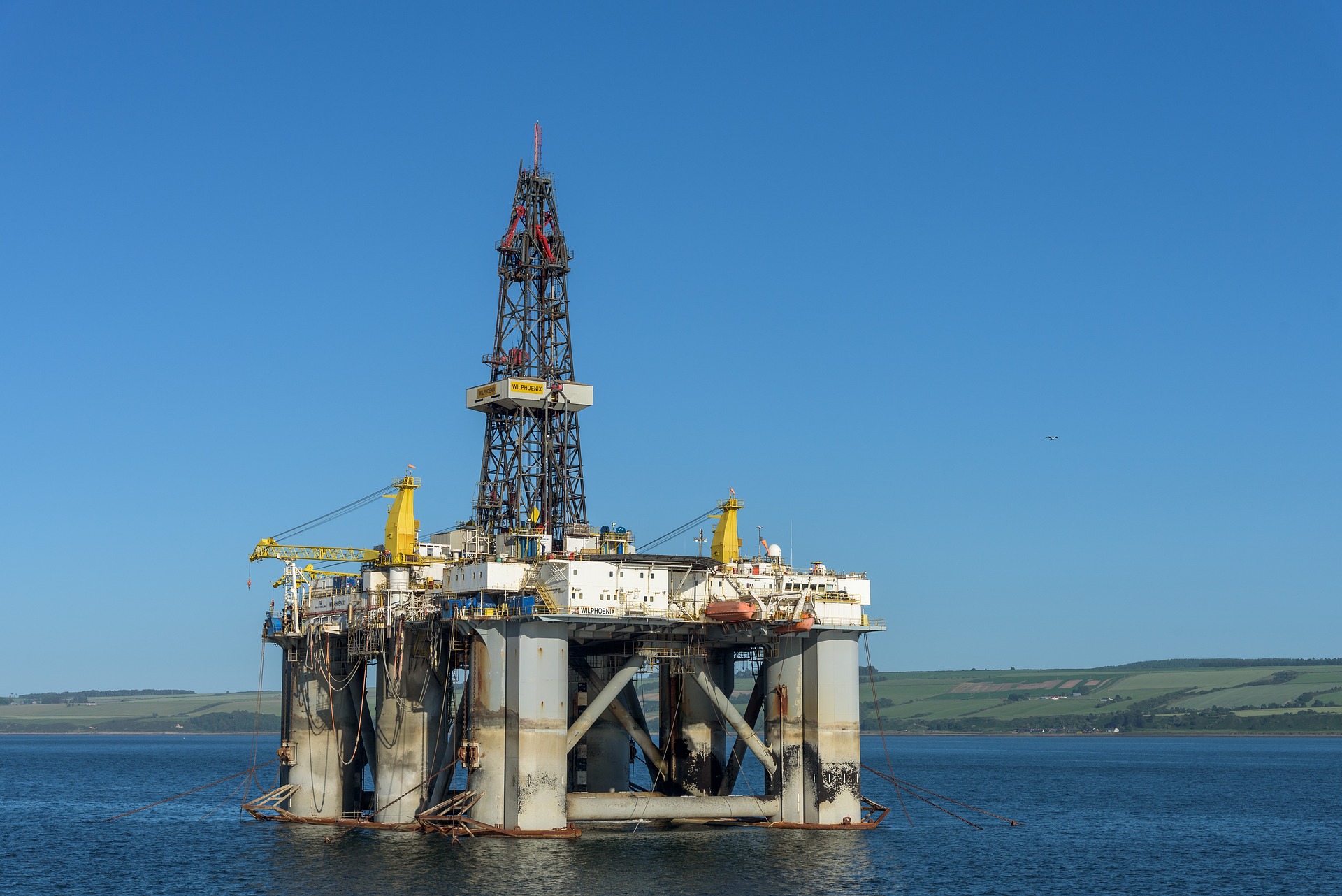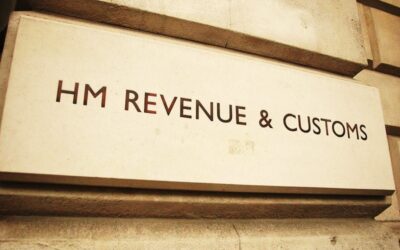The extremely high level of tax relief available to the UK’s oil and gas companies compared to all other businesses has the potential to distort private sector investment, TaxWatch believes. We also question whether this was the policy intention when the Energy Profits Levy (EPL) was originally introduced in 2022 to capture windfall profits being made.
The rate of tax relief for investment is 91% for firms within the oil and gas tax regime – i.e. those extracting hydrocarbons from the UK and its continental shelf. Profits are also taxed at a higher rate of 75% although, once the EPL ends in 2028, this will revert to just 40%. Given the long lead times between investment decisions and profitable production in the oil sector, the vast majority of the costs of developing new fields will receive the 91% tax relief, yet the profits when these projects come to fruition will be taxed at the 40% level.
For every £1 invested by the UK’s oil industry, the post-tax cost is just 9p. This severely weakens incentives for cost control, risking otherwise non-viable projects being approved just for the tax relief to reduce tax bills elsewhere in the corporate group.
For all other UK businesses, the rate of relief for investment via capital allowances matches that at which profits are taxed – i.e. 25%. This symmetry ensures firms only invest where there is a demonstrable commercial basis for the expenditure.
TaxWatch is concerned that for group companies with businesses straddling both tax regimes, the distortion in the rate of relief – 91% vs 25% – is causing them to switch investments temporarily to maximise shareholder returns and minimise overall tax liabilities. Recent research by IPPR looked at BP’s Q3 results and showed that for every £1 spent on low carbon investments, £11 was spent on oil and gas production activity.
In March of this year, the Government’s official forecaster, the Office for Budget Responsibility, increased its prediction of the investment eligible for tax relief at the 91% rate by £2.6bn, to £19.6bn, for the four years 2023-2026, compared to the equivalent forecast in 2022. This implies the Government is anticipating more investment in oil and gas projects as a result of the changes to the tax treatment since the EPL was introduced in summer 2022.
TaxWatch questions whether such high relief for investments should be available against the temporary EPL, given it was originally intended to capture windfall profits.
Timing is also a factor with the generosity of the tax relief – i.e. how long does it take to get the full benefit against taxable profits? Full relief in the year of expenditure is the best option for the business, and firms extracting oil and gas from the UK and its waters have long benefitted from upfront tax relief when they make capital investment. This timing advantage has been temporarily mirrored for all firms with the full expensing reform, currently running from 1st April 2023 to 31st March 2026. TaxWatch will be closely monitoring to see if the Chancellor announces an extension, or even makes full expensing permanent, in the upcoming Autumn Statement on 22 November, as was the stated ambition in the 2023 Spring Budget.



